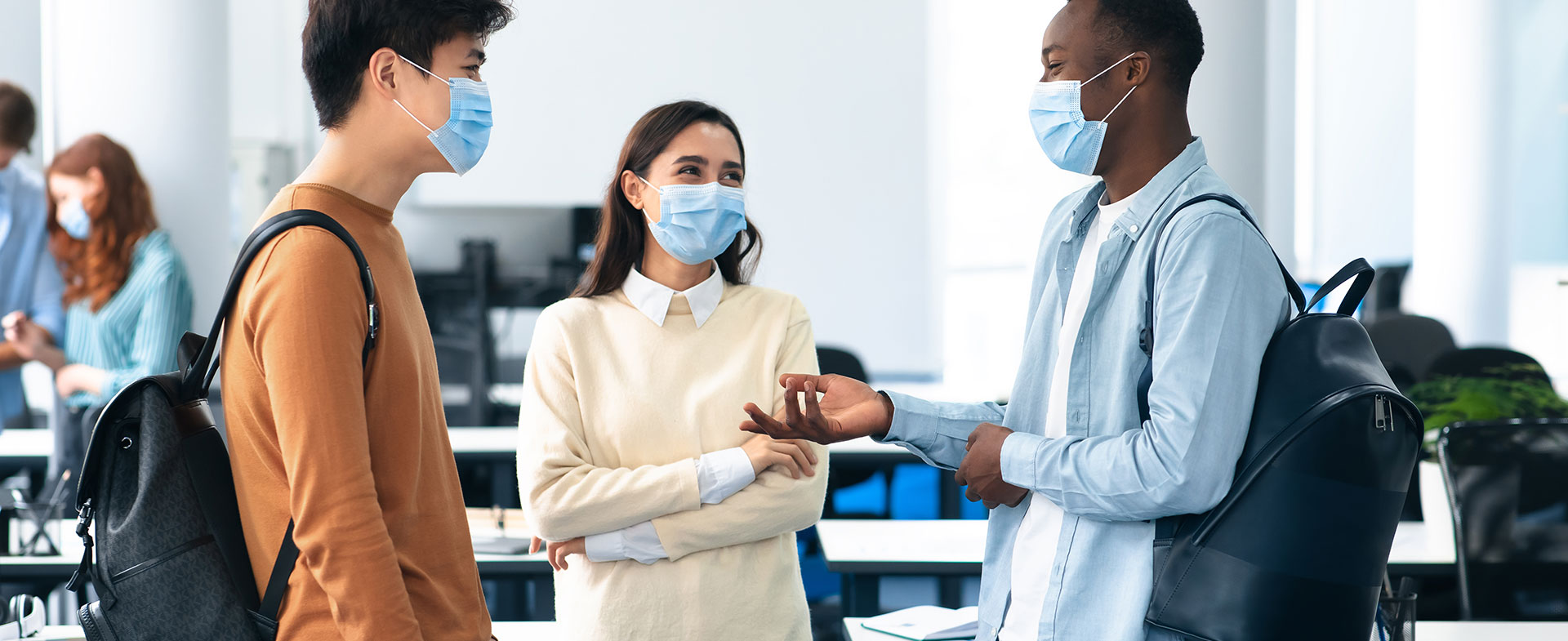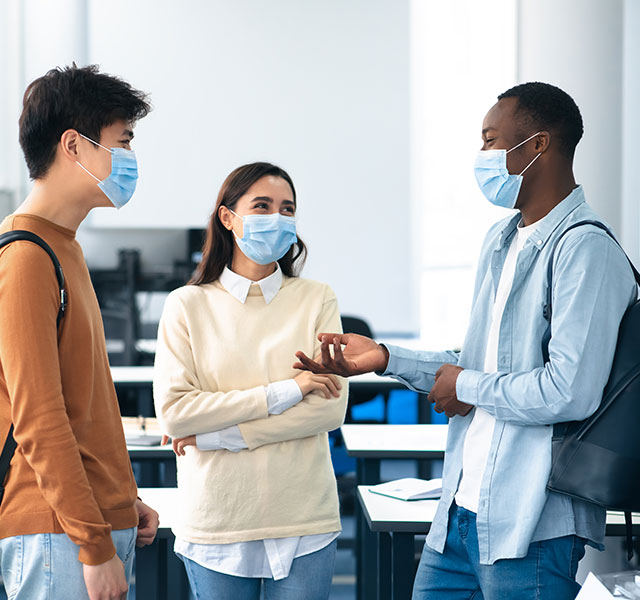Here’s a common question people have been asking: if you contract COVID-19, is it really necessary to get vaccinated? Isn’t the protection you have after infection enough? And the answer—to sum it up simply—is no.
“There are now multiple studies that show natural immunity after COVID-19 infection is less effective than vaccination,” says Dennis Cunningham, M.D., medical director of infection control and prevention at Henry Ford Health. “Some people might develop strong antibodies after COVID-19 infection—meaning they’ll develop proteins in their blood that will prevent them from contracting it again for a little while—but some people won’t. Antibody protection after vaccination is much more predictable than antibody protection after infection.”
Here's why.
1. Antibody protection from the vaccines last longer.
If you contract COVID-19 and develop protective antibodies, those antibodies may not be detectable after 90 days. “And if the antibody levels following infection are low, the antibodies may last only 60 days,” says Dr. Cunningham.
Vaccine antibodies, however, last six months or longer. Studies from the Centers for Disease Control and Prevention (CDC) suggest that antibody protection from the Pfizer and Moderna vaccines decreases after eight months, and after that, the vaccines are still highly effective against hospitalization. In one study, data from the state of New York showed that vaccine effectiveness decreased from 91.7 to 79.8% against infection—and 79.8% is still very effective.
2. Antibody protection from the vaccines is stronger.
Not everyone who recovers from COVID-19 produces antibodies, says Dr. Cunningham. According to a study from the CDC, 36% of people who recovered from COVID-19 did not develop antibodies. This is more common in younger people who have lower amounts of COVID-19 in their nasopharynx. (That’s the upper part of the throat behind the nose.)
With vaccination, however, you can rely on antibody protection. “People who are immunocompromised may not receive as much antibody protection as those with healthy immune systems, but that’s one of the benefits of the third doses,” says Dr. Cunningham. “And people with a history of COVID-19 infection are 2.3 times more likely to be reinfected with COVID-19 than people with a history of COVID-19 and vaccination. While there are breakthrough cases in vaccinated people, they are very unlikely to require hospitalization or die.”
3. Vaccines provide better protection against variants.
At this time, the Pfizer, Moderna and Johnson & Johnson vaccines appear to be protective against the variants of COVID-19. While the vaccines may be less protective against the variants than they are against the original strain of COVID-19, they provide more protection than natural immunity.
“Researchers are working to determine just how protective the vaccines are against the new strains,” says Dr. Cunningham. “They are also studying new vaccines and booster shots that can be adapted to protect against the variants.”
One of the many cool things about mRNA vaccines (the Pfizer and Moderna vaccines) is that they are easily modifiable, which means the genetic codes of the different COVID-19 variants can be changed quickly into a new vaccine as needed.
The Risks Of Getting COVID-19 Are Severe
If you haven’t contracted COVID-19 and aren’t yet vaccinated, it’s best not to chance it. You don’t know how you will react to the virus, and once you’re already in the hospital, a vaccine won’t treat COVID-19.
Plus, even those who don’t end up with a serious case of COVID-19 can end up with lingering health problems, such as brain fog, loss of smell and taste, headaches, a weakened heart—and the list continues.
“Getting vaccinated, however, might give you a few initial side effects (injection-site pain, body aches and sometimes a fever) but they should go away within 24 to 48 hours,” says Dr. Cunningham. “That is a small price to pay for being protected against such a serious virus.”
For answers to common questions about COVID-19 vaccines, visit henryford.com/coronavirus/vaccine-faqs.
Dr. Dennis Cunningham is the medical director of infection control and prevention at Henry Ford Health.



